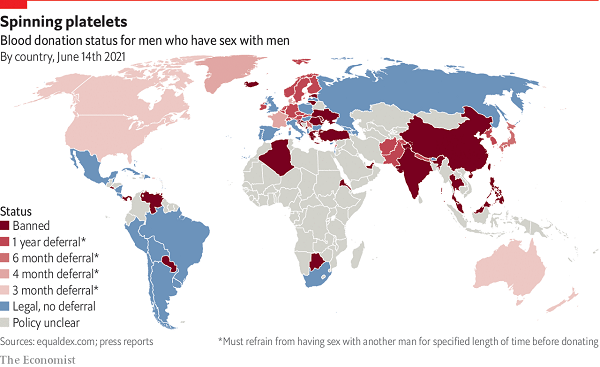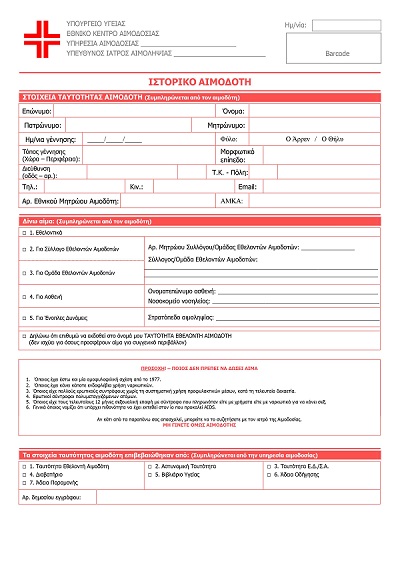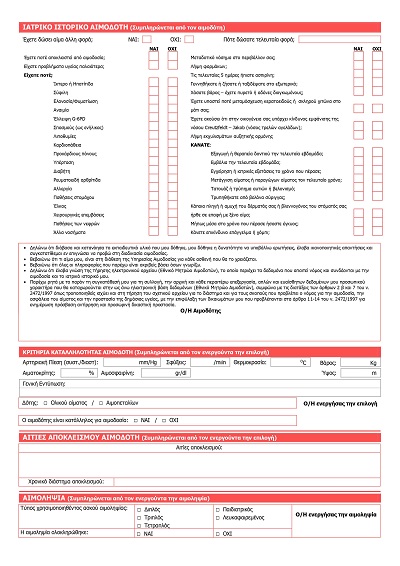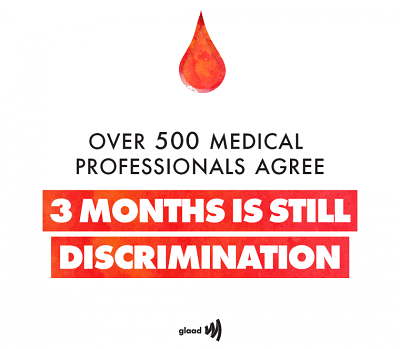This trend usually follows two paths. On the one hand, it has taken the form of significantly reducing the deferral period, commonly to three months such as in the case of the United States, Australia, the United Kingdom, New Zealand, and Canada. On the other hand, there are few notable cases where countries lifted once and for all these scientifically unsound and socially discriminatory restrictions such as Bolivia, Hungary, and Israel among others. It should also be noted that the abovementioned restrictions vary substantially from country to country regarding both the time period of the deferral and the scope of the affected persons whose blood is denied.





.jpg)






 Login
Login